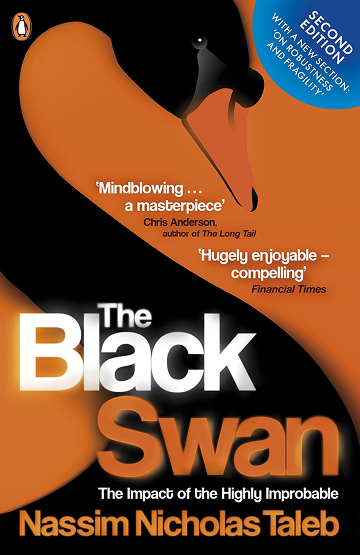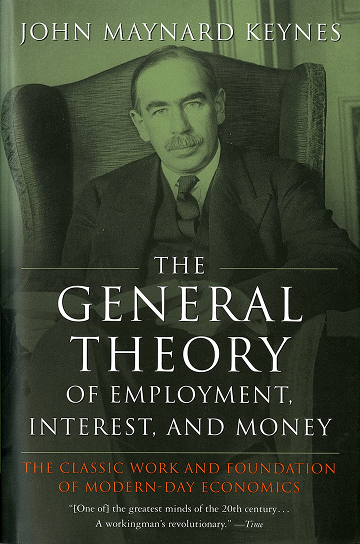
Bill Miller Biography, Career, Net Worth, and Key Insight



Bill Miller’s Profile Summary
|
Company
|
Legg Mason |
|---|---|
|
Position
|
Was the Chief Investment Officer (CIO) of Legg Mason Capital Management, a subsidiary of Legg Mason |
|
Source of wealth
|
Investment management fees from Legg Mason Capital Management, personal investments, performance fees, dividends from personal portfolios. |
|
Also known as
|
Philanthropist, Author, Investment Advisor. |
|
Age
|
75 |
|
Education
|
Washington and Lee University – Bachelor’s degree in Economics, Johns Hopkins University – Master’s degree in Philosophy (unfinished). |
|
Citizenship
|
United States |
|
Residence
|
Baltimore, Maryland, USA |
|
Family
|
Bill Miller has a son, Bill Miller IV, and he was previously married to Mary Miller. |
|
Website, Social Media
|
https://legg-mason.befirm.be/ |
Bill Miller’s biography
Bill Miller was born on April 18, 1950, and is a renowned American investor, best known for his leadership at Legg Mason, where he served as the Chief Investment Officer of Legg Mason Capital Management. His most notable achievement was managing the Legg Mason Value Trust, where he outperformed the S&P 500 for a record 15 consecutive years (1991-2005). Raised in a middle-class family, Miller earned a degree in Economics from Washington and Lee University before pursuing a brief stint in the military. He later attended Johns Hopkins University to study Philosophy but did not complete the program. Miller’s contrarian investment style and ability to take bold, calculated risks have earned him wide recognition in the investment world. Beyond finance, he is also known for his philanthropy, particularly through substantial donations to Johns Hopkins University. His son, Bill Miller IV, is also involved in the investment industry, managing a fund with his father. Miller is a strong advocate for long-term value investing, and his business insights are highly sought after in financial circles.-
How did Bill Miller make money?
Bill Miller makes money in the following areas:
Investment management fees from Legg Mason Capital Management, personal investments, performance fees, dividends from personal portfolios.
-
What is Bill Miller net worth?
As of 2025, Bill Miller’s net worth is estimated to be $1.9B.
What is Bill Miller also known as?
Bill Miller is recognized not only for his work in investment management but also as a philanthropist. He has donated significant sums to educational institutions, notably Johns Hopkins University. Additionally, Miller has authored investment-related materials and regularly shares his insights as an investment advisor, contributing to financial publications and speaking at industry events.Prominent achievements of Bill Miller
Bill Miller famously managed the Legg Mason Value Trust to outperform the S&P 500 for 15 consecutive years, a record-breaking achievement in the mutual fund industry. He has been named as one of the top money managers by Barron’s multiple times. His philanthropy includes significant donations to Johns Hopkins University.What are Bill Miller’s key insights?
Bill Miller’s business philosophy revolves around value investing with a contrarian approach, emphasizing long-term thinking and a willingness to invest in undervalued companies. He is known for blending value and growth investment principles and believes in patience, resilience, and sticking with his convictions even when markets are volatile. His success comes from deep research and a disciplined strategy, often taking unconventional positions.
Bill Miller’s personal life
Bill Miller’s family includes his son, Bill Miller IV, who is also involved in investment management, working as the co-portfolio manager of the Miller Opportunity Trust. He was previously married to Mary Miller, a former Under Secretary for Domestic Finance at the U.S. Treasury. Bill Miller is also known to be a philanthropist, supporting various causes, particularly in education, through personal donations.
Useful insights
Understanding market forces
In my experience, to truly succeed as an investor, it’s essential to understand the driving forces behind market behavior. Market movements aren’t random—they’re influenced by a range of economic theories and dynamics. The following books provide valuable insights into these forces, offering a deeper understanding of how global financial markets operate and what shapes their trends.
-
Nassim Nicholas Taleb – "The Black Swan"

-
Summary:
Taleb explores the concept of rare, unpredictable events—so-called "Black Swans"—that can have massive impacts on markets and society. These events are often overlooked by traditional risk management models, leading to devastating consequences when they occur. Taleb illustrates how these unpredictable shocks shape our world, often more than gradual, expected changes.
-
Why read it:
This book challenges conventional thinking about risk and uncertainty, showing that many major historical and financial events were "Black Swans." It's a vital read for investors who want to build resilience in the face of market volatility.
-
-
John Maynard Keynes – "The General Theory of Employment, Interest, and Money"

-
Summary:
Keynes revolutionized economics by focusing on total demand within an economy and its effect on output and inflation. His theory suggested that government intervention could stabilize economic cycles through fiscal and monetary policy. The book also explains the consequences of under-consumption and the role of interest rates in managing economic stability.
-
Why read it:
For investors interested in macroeconomic trends and policy impacts, Keynes’ work is essential. Understanding the Keynesian framework can help investors predict how government actions might influence market performance.
-
Other profiles in category
Popular Financial Guides
Latest Financial News

South Africa unveils digital visas to attract film and events

South Africa invests R710 million to expand free Internet access































































































































